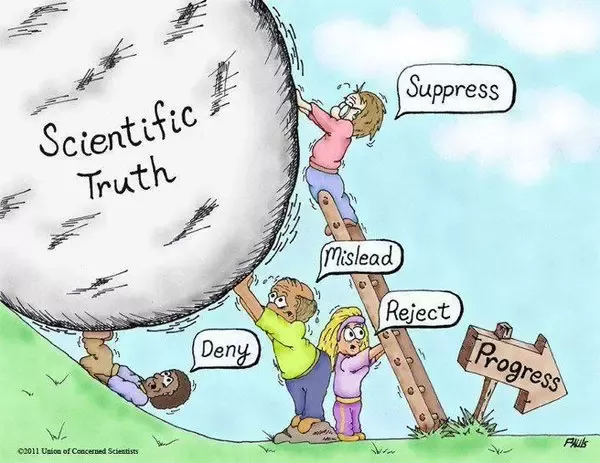The relationship between modern science and religion/spirituality has been a subject of fascination and debate for centuries. As science continues to advance, some may wonder if it can eventually offer explanations for all aspects of religion and spirituality. In this blog, we will explore the limits and boundaries of modern science in understanding and explaining religious and spiritual beliefs, experiences, and concepts.

The Scope of Modern Science:
Modern science, with its empirical methods and evidence-based approach, has undeniably revolutionized our understanding of the natural world. It has provided explanations for a wide range of phenomena, from the formation of galaxies to the intricacies of human genetics. However, its scope is limited to the observable and measurable aspects of the physical universe. Science deals with objective data and relies on repeatable experiments to formulate theories and models.
The Nature of Religion and Spirituality:
Religion and spirituality, on the other hand, involve deeply subjective and personal experiences that often transcend empirical observation and scientific testing. They encompass matters of faith, belief in the divine, the afterlife, morality, and the quest for meaning and purpose. Spiritual experiences, such as moments of transcendence or connection with a higher power, cannot be easily quantified or measured in a laboratory setting.

The Limits of Science in Explaining Religion and Spirituality:
- Metaphysical Questions: Science is not equipped to address metaphysical questions, such as the existence of God, the nature of the soul, or the ultimate purpose of life. These questions lie beyond the realm of empirical investigation and scientific inquiry.
- Subjectivity and Personal Experience: Religious and spiritual experiences are highly subjective and deeply personal. While they hold immense significance for individuals, they are challenging to replicate in a controlled scientific environment.
- Non-material Realms: Many religious traditions propose the existence of non-material realms, such as the spiritual plane or the afterlife. These realms, if they exist, are not directly accessible through scientific methods.
- Moral and Ethical Values: Science can inform ethical discussions, but it cannot determine moral values or prescribe specific ethical principles. Ethical considerations often depend on philosophical, religious, and cultural perspectives.
Conclusion:
While modern science has made remarkable strides in explaining various aspects of the natural world, it has its limitations when it comes to addressing questions of religion and spirituality. These realms involve deeply personal and philosophical inquiries that go beyond the scope of empirical investigation. However, the interplay between science and spirituality can be harmonious, as they provide different perspectives and ways of understanding the world. Embracing both scientific inquiry and spiritual exploration can lead to a richer and more holistic appreciation of our existence.



